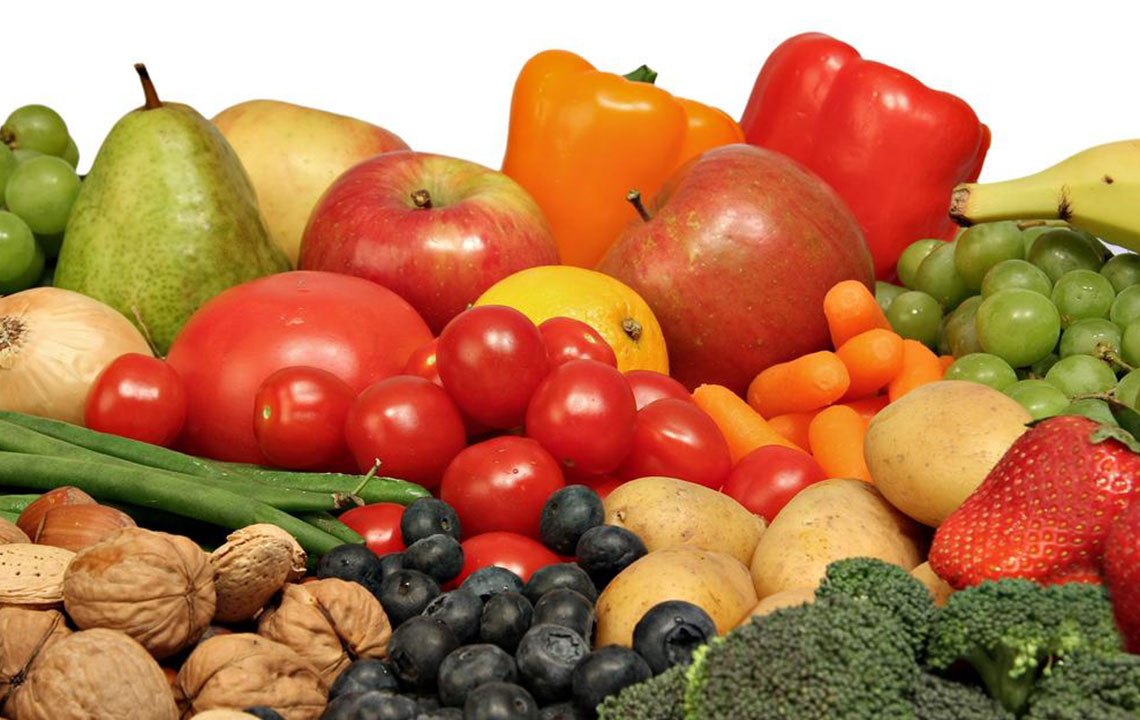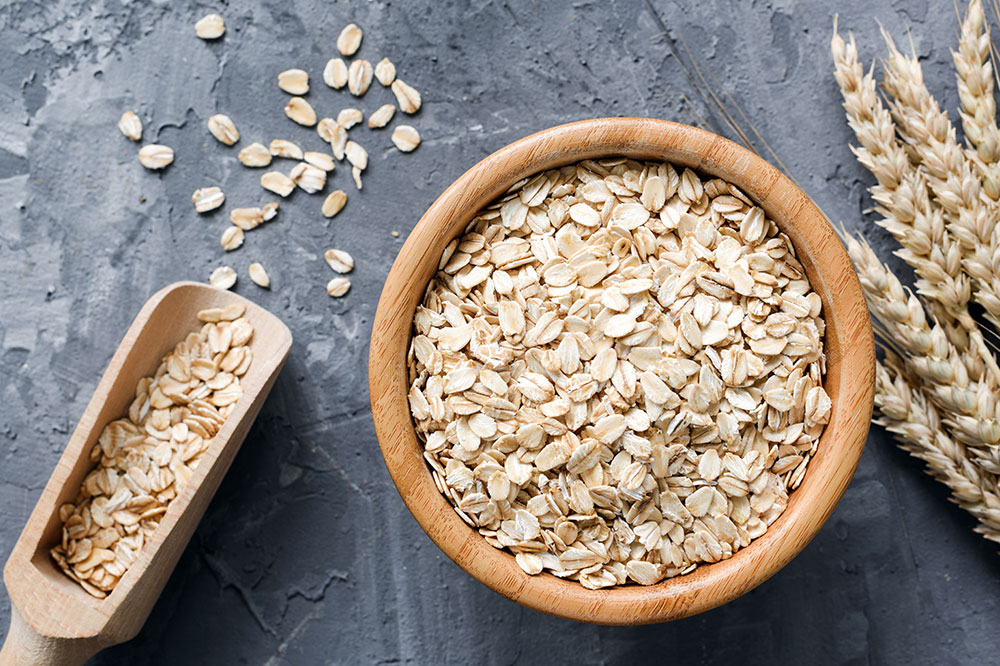Natural Ways to Lower Cholesterol and Improve Heart Health
This article explores natural methods to reduce cholesterol levels and enhance heart health. It covers the roles of LDL and HDL, common causes of high cholesterol, and practical lifestyle changes like diet, exercise, sleep, and vitamin D intake. Regular monitoring and adopting these strategies can significantly lower cardiovascular risks without medication, promoting overall well-being and a healthier lifestyle.

Understanding Cholesterol and Methods to Reduce It
Cholesterol is a fatty, wax-like substance produced naturally by the liver and present in all body cells. It plays a crucial role in synthesizing Vitamin D, hormones, and supporting digestion. Yet, high levels of cholesterol in the blood can raise the risk of cardiovascular issues. Transported via lipoproteins, mainly LDL (bad cholesterol) and HDL (good cholesterol), maintaining a healthy balance is essential for heart health.
Your blood's primary function is to carry cholesterol through these lipoproteins. Elevated LDL can cause arterial plaque buildup, leading to atherosclerosis and potential heart problems.
Factors Leading to High Cholesterol
Unhealthy lifestyle habits, diet choices, and genetics are common causes of increased cholesterol levels. Excessive LDL contributes to arterial plaque formation, narrowing blood vessels and raising heart disease risk. Conversely, higher HDL levels help clear cholesterol from blood vessels and protect against cardiovascular issues.
Recognizing Symptoms
High cholesterol usually shows no symptoms, so regular blood testing is necessary for detection.
Try these effective natural strategies to lower cholesterol without medication:
Improve Dietary Habits
Eat more fruits, vegetables, whole grains, and legumes. Cut down on saturated fats from butter, full-fat dairy, and fatty meats, and limit dietary cholesterol present in egg yolks, shellfish, and organ meats. Avoid trans fats found in processed foods with hydrogenated oils. Include lean proteins such as beans, nuts, and soy-based products like tofu and soymilk.
Increase Physical Activity
Engaging in daily exercise, like walking for at least an hour, can boost heart health, lower LDL, and raise HDL levels.
Achieve a Healthy Body Weight
Shedding excess weight helps lower LDL cholesterol, blood pressure, and reduces the risk of diabetes and heart disease.
Reduce Refined Carbohydrates
Avoid white flour products like white bread and pasta, which can raise cholesterol due to added sugars and unhealthy fats.
Get Quality Sleep
Sleeping 8-10 hours each night decreases LDL levels and helps regulate hunger, reducing overeating.
Check Vitamin D Levels
Low vitamin D is linked to higher cholesterol; regular testing and consuming vitamin D-rich foods support better cholesterol management.


